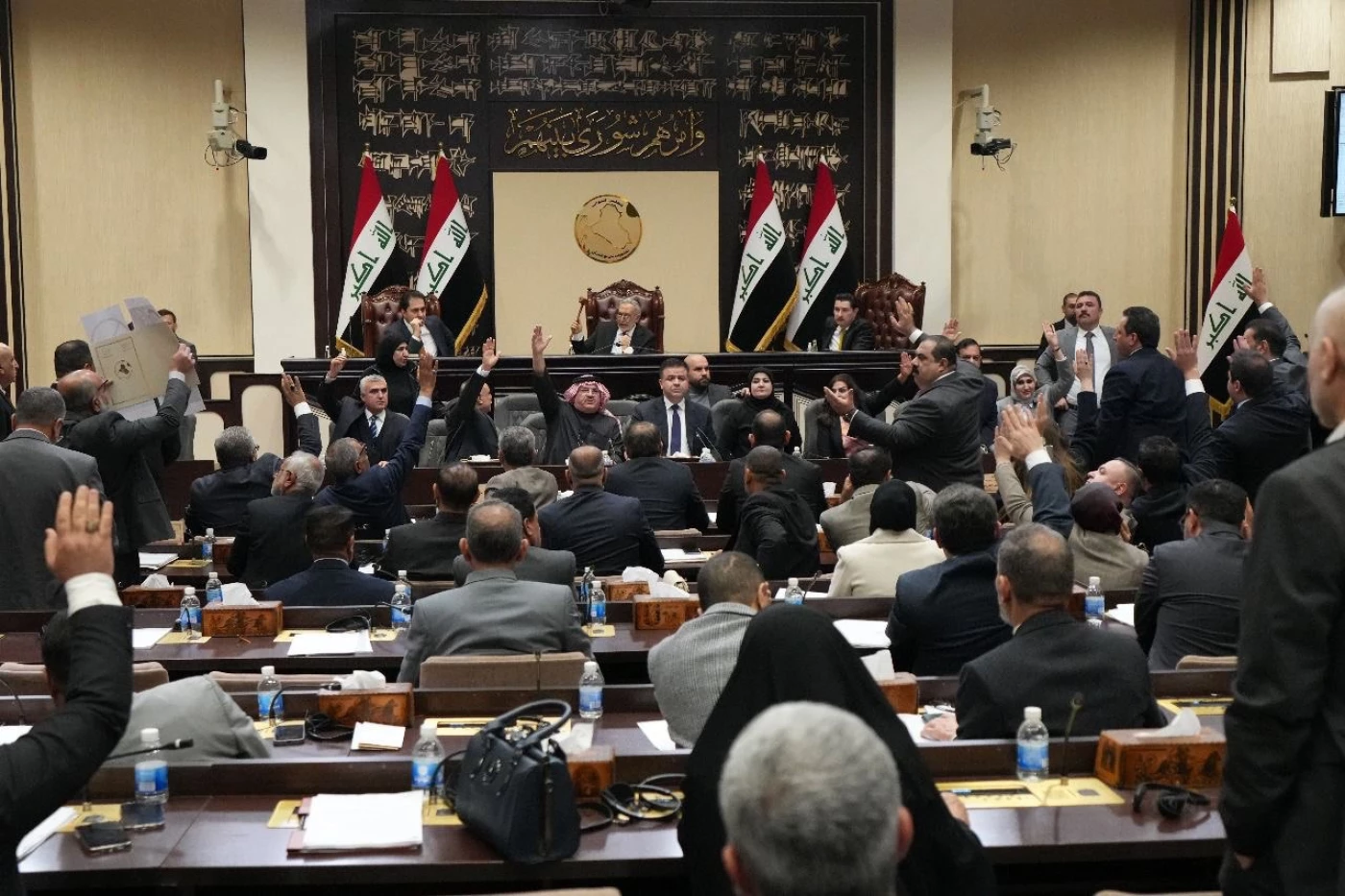DUBAI, UAE - The Iraqi Parliament on Tuesday voted to approve three major pieces of legislation, including controversial amendments to the Personal Status Law No. 188 of 1959, a law to return properties to rightful owners affected by decisions of the now-dissolved Revolutionary Command Council, and the second amendment to the General Amnesty Law No. 27 of 2016.
The amendment to the Personal Status Law governs family-related issues such as marriage, divorce, inheritance, and custody, and has long been seen as controversial by civil society activists.
The amendment, which revises Law No. 188 of 2019, would allow couples to choose their religious sect — Shiite or Sunni — when entering into a marriage contract. If the couple cannot agree on a sect, the husband's sect would be applied. Critics argue that this provision could undermine civil rights, particularly for women and girls.
The proposed changes have sparked intense debate not only within the halls of parliament but also across social media in Iraq.
A poll by the Iraq Polling Team (IPT) revealed strong public opposition to the proposed amendments to Iraq's Personal Status Law.
Out of over 61,000 participants, more than 70 percent opposed the changes, with only 23.8 percent in favor.
The amendments, primarily supported by male Shiite MPs, is justified by its proponents as a measure to “protect” young girls and reduce divorce rates, but it has faced backlash for potentially legalizing child marriage.
Human Rights Watch condemned the proposed changes as a severe regression for women's and girls' rights in Iraq.
The Parliament also passed a law addressing property disputes stemming from resolutions enacted during the Ba’ath regime’s Revolutionary Command Council era.
This new legislation, lobbied for mainly by Kurdish factions, seeks to return lands and properties to their rightful owners, many of whom are Kurds, Turkmen, and Arabs in areas such as Kirkuk.
“Today, Parliament took a significant step to bolster societal peace in Kirkuk by repealing Revolutionary Command Council decisions that deprived original owners of their rights and granted properties to newcomers,” said Deputy Speaker Shakhwan Abdullah during a press conference.
Abdullah added that the law aims to reinforce unity in the ethnically diverse province, which has long been a hotspot for land disputes.
Former Kurdistan Region President Masoud Barzani on Tuesday welcomed the Iraqi parliament’s vote that passed the law.
“I thank the parliamentary speakership, the Kurdistani factions, and all other sides that played a role in passing the law,” President Barzani said.
Parliament also approved the second amendment to the General Amnesty Law, a measure designed to promote reconciliation and provide second chances to individuals convicted of specific offenses, and one of the key requests made by Sunni factions when they decided to join Prime Minister Mohammed Shia’ al-Sudani in forming his cabinet.
“This law emphasizes that nations are built on tolerance and unity, ensuring a brighter future by closing painful chapters of the past and extending a hand toward peace and hope,” said Parliament Speaker Mahmoud al-Mashhadani in a statement.
Mashhadani praised lawmakers and political groups for their efforts in approving the amendment, describing it as a critical step toward fostering trust and national unity.
All bills were passed following months of negotiations between Shiite, Sunni, and Kurdish factions and several adjourned parliamentary sessions.
The laws are now pending ratification by the Iraqi Presidency.



 Facebook
Facebook
 LinkedIn
LinkedIn
 Telegram
Telegram
 X
X


